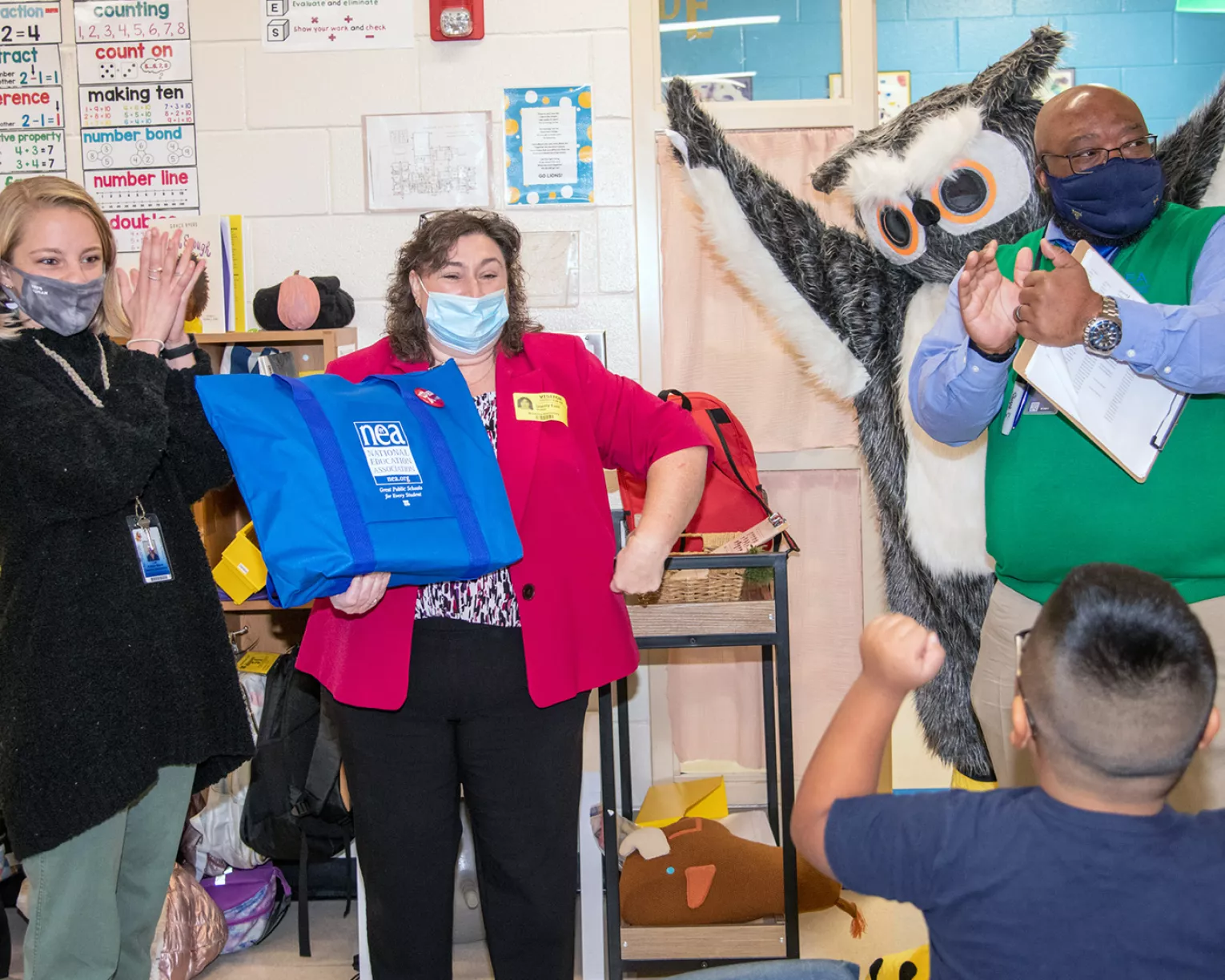You’re probably used to a lot of questions from your child. Why is the sky blue? How do fish breathe in water? What are we eating for lunch?
You’re probably not as used to asking questions to your child. Or, if you are, not necessarily getting a straight answer.
Whether this is your child’s first or last year of school, there are probably things you want to know. But how do you get the answers you need? Well, talk to their educators!
It’s important to ask the right questions to get the right answers.
Below are some questions you can use as thought-starters to help guide the conversation with your child’s educator.
- Academic: What are the academic goals for your child’s classroom? Some schools have broad academic standards, but your child’s educator may have their own vision for what they hope your child will learn and understand this year. Ask about how they will respond when your child is exceeding expectations or struggling. How will your child’s educator help them develop their strengths and overcome their weaknesses?
- Creativity and innovation: What type of creativity and innovation does your child’s educator use to keep the classroom interesting? For example, are there technological resources available? When students are exposed to technology at a young age, they are more likely to be successful later in their academic years and beyond.
- At-home learning: One of the most important things you can do is help your child continue their education in the home. Ask what you can do to encourage your child to be curious after school hours. What questions should you be asking about their classroom and the subjects they enjoy or dislike? For more ideas, check out our articles on raising ready readers and scientifically literate children.
- Resources: What educational resources are available to you, either through your child’s educator, school or district? How can you identify the best ones for your student’s needs? Think about any barriers to academic progress that your child might face throughout the year and work with your student’s educator to plan accordingly.
When you feel like you’ve asked all the questions you can think of, ask one more: What am I not asking but should be?
Sometimes the answers you receive will reassure your thoughts about your child’s academic journey — and other times they may completely surprise you. It’s important to ask questions to better understand what’s happening in your child’s classroom and determine how you can support that learning at home.
Learn more about ideas for communicating with your child’s educator and growing your significant partnership here.
Learn More
Use Your Educator Voice.



